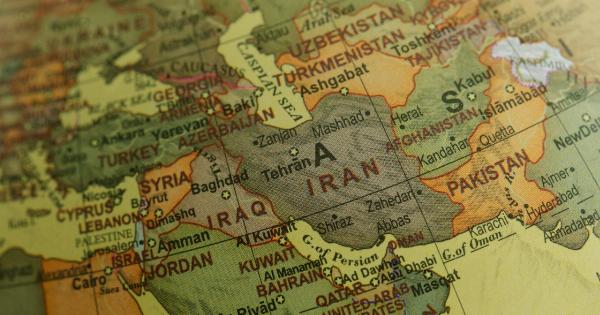Understanding the male mind can sometimes be mystifying, especially when it comes to cultural differences and expectations.
In Eastern societies, this predicament becomes even more complex as traditional values and societal norms play a significant role in shaping the thoughts and behaviors of men. This article aims to delve into the intricacies of the Eastern male mind, providing insights into the factors that influence their perspectives and behaviors.
1. The Importance of Duty and Honor
In Eastern societies, duty and honor hold great importance in shaping the male mindset. Men are expected to fulfill their societal roles and responsibilities, often to the detriment of their personal desires.
The pressure to provide for their families and maintain a respectable reputation can heavily influence their decision-making process, often prioritizing collective welfare over individual happiness.
2. Patriarchy and Gender Roles
Patriarchy is deeply ingrained in many Eastern societies, resulting in rigid gender roles that are often oppressive and limiting for men as well.
The burden of providing financial security and upholding familial expectations can create immense pressure on men, leading to the suppression of their emotions and a narrow definition of masculinity.
3. The Influence of Tradition and Culture
Tradition and culture play a pivotal role in shaping the Eastern male mind. Age-old customs and rituals dictate societal norms, which impact the ways in which men are expected to behave and perceive themselves.
From arranged marriages to filial piety, these cultural practices heavily influence the choices and aspirations of Eastern men.
4. Emotional Suppression and Stoicism
Expressing emotions openly is often discouraged in Eastern societies, particularly for men. The expectation of stoicism and emotional suppression creates a barrier for men to explore their feelings and seek emotional support when needed.
This can lead to mental health issues and strained relationships, as communication and vulnerability may be perceived as weakness.
5. The Burden of Success
The pressure to succeed academically and professionally is immense in many Eastern cultures. Men are expected to carve out successful careers and achieve financial stability to gain respect and status within their communities.
This pursuit of success can lead to highly competitive mindsets, workaholic tendencies, and an imbalance in work-life relationships.
6. Conflicting Identities
Eastern men often face the challenge of balancing traditional cultural values with modern influences.
The clash between traditional expectations and the increasing exposure to global perspectives can create internal conflicts and confusion about personal identity. This struggle to navigate dual identities can impact relationships and contribute to a sense of cultural alienation.
7. Limited Emotional Intelligence
Due to the emphasis on duty and the suppression of emotions, many Eastern men may lack adequate emotional intelligence. Recognizing and understanding emotions in oneself and others can be challenging when emotional expression is discouraged.
This can hinder the development of healthy relationships and effective communication skills.
8. The Stigma of Mental Health
Mental health is often stigmatized in Eastern cultures, making it challenging for men to seek help when facing psychological issues.
The fear of being labeled as weak or unstable can prevent men from addressing their mental well-being, leading to untreated conditions and a lack of support systems.
9. Shifting Paradigms
Despite the challenges faced by Eastern men, there has been a gradual shift in perspectives and attitudes. Increasing awareness and education about gender equality and mental health are prompting conversations and breaking down societal barriers.
Younger generations are challenging traditional gender roles and expectations, fostering the potential for a more balanced and inclusive male mindset.
10. Cultivating Empathy and Emotional Expression
Encouraging the cultivation of empathy and emotional expression is crucial in creating a healthier male mindset in Eastern societies.
By challenging ingrained societal norms and promoting open dialogue, men can develop greater self-awareness, forge meaningful connections, and navigate the pressures of Eastern culture while maintaining their individuality and well-being.































